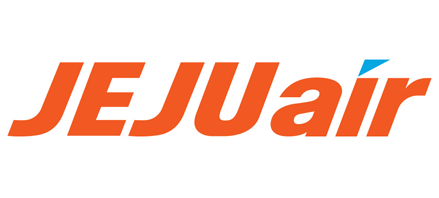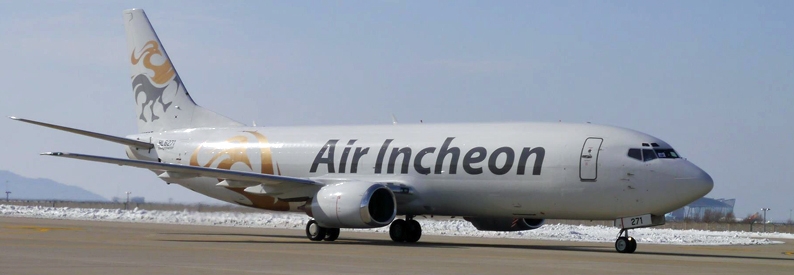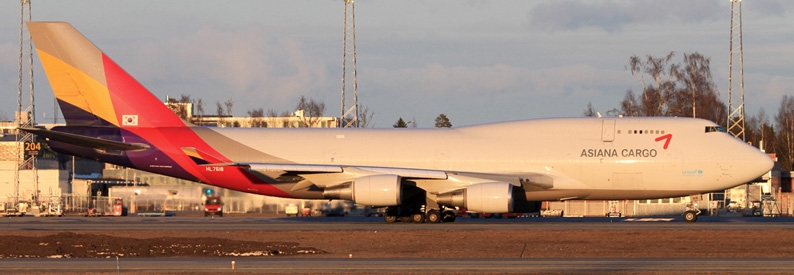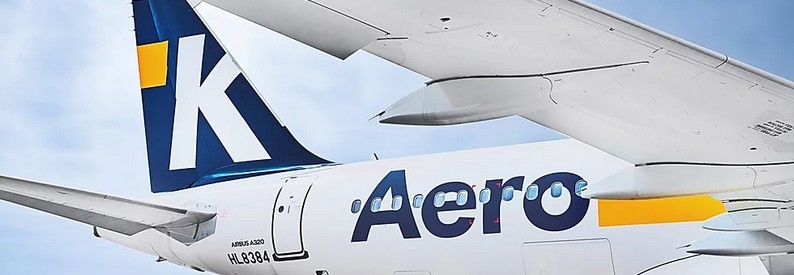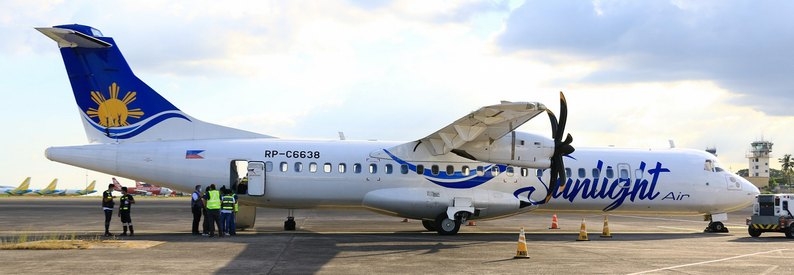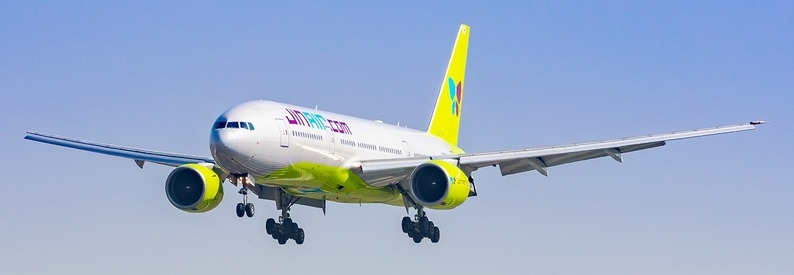The Chinese government is taking active measures to reduce Chinese tourism to South Korea in what is seen to be an act of displeasure with Seoul's decision to deploy Terminal High Altitude Area Defense (THAAD) anti-missile batteries into service.
According to Korea's Seoul Economic Daily, the Civil Aviation Administration of China (CAAC) has refused to green light Korean charter flights over the important Chinese New Year which, in 2017, runs from January 27 to February 2. Among the carriers affected are Jeju Air (7C, Jeju), which sought to connect Ningbo and the provinces of Jiangsu, Shandong, and Guangdong with Seoul Incheon, Asiana Airlines which sought to connect Zhejiang province with Seoul Incheon, and Jin Air (LJ, Jeju) which sought to connect Guilin with Jeju.
South Korea made the decision to deploy THAAD batteries in early 2016 with the intention of protecting itself against potential threats from North Korea. The United States Army-deployed system is designed to counter incoming ballistic missiles. It employs an X-Band active electronically scanned array radar to detect incoming missiles which are destroyed using its unarmed projectiles through kinetic energy. China objects to the THAAD system claiming, among other things, that the radar can see into its own territory.
Reports about the system's effect on tourism began surfacing almost immediately following the decision, with news outlets in October suggesting that Chinese authorities were ordering travel agencies to reduce the number of tourists to South Korea by 20% per month. Stock market publication Barron's Asia described the aftermath of the reports as a 'bloodbath': all services related to low-cost tourism – such as duty-free shopping malls – were adversely affected by the news. The Chinese public has also been reportedly hostile to the planned anti-missile system, with the Global Times of China quoting passengers who have intentionally cancelled their trips to South Korea in response to the news.
Capacity between the two countries is currently over 200,000 seats per week. The big players in the market are Asiana Airlines (OZ, Seoul Incheon) (22%), Korean Air (KE, Seoul Incheon) (20%), China Eastern Airlines (MU, Shanghai Hongqiao) (15%), and China Southern Airlines (CZ, Guangzhou) (12%).
